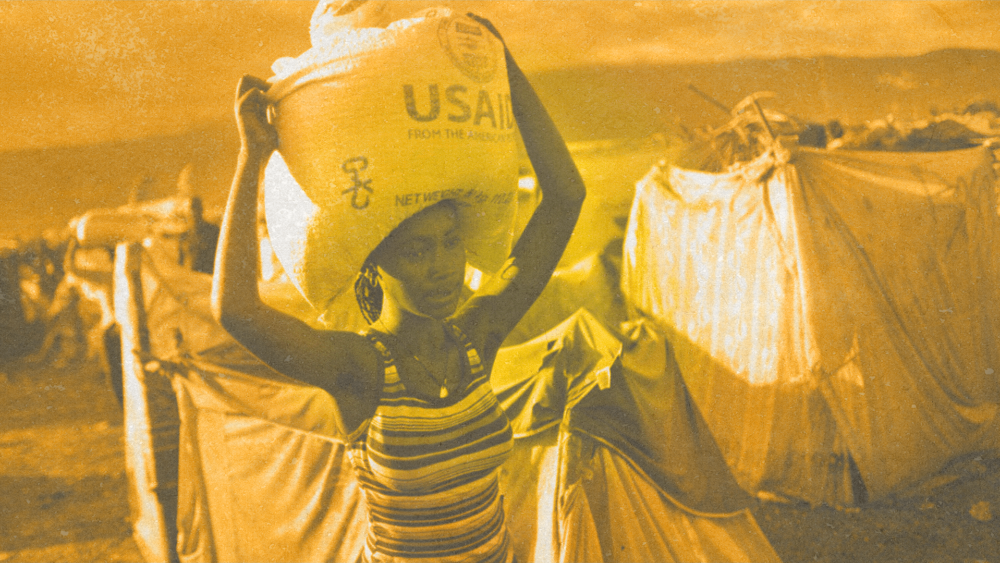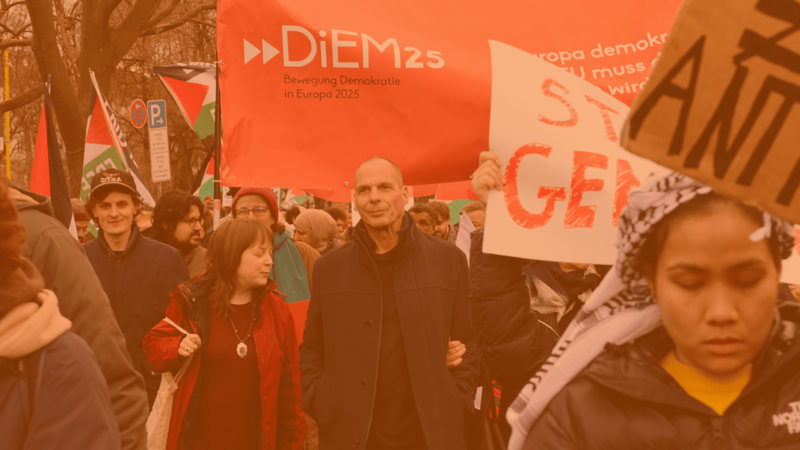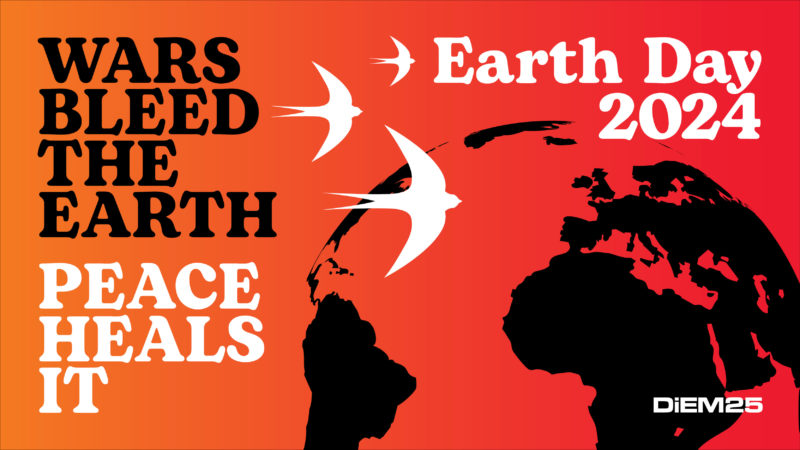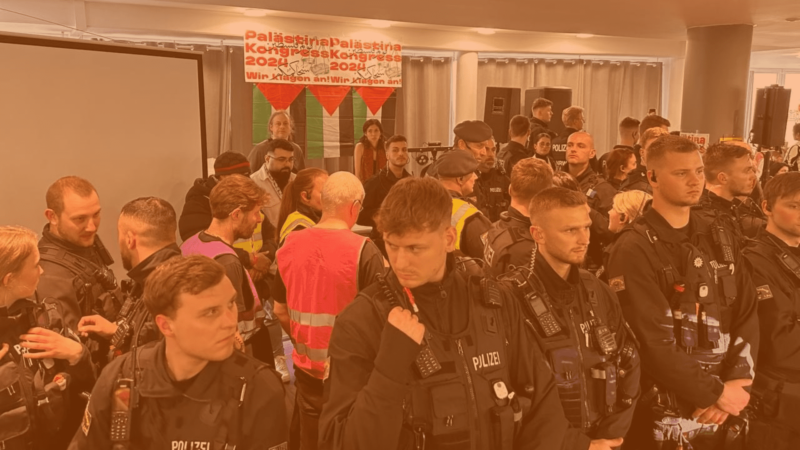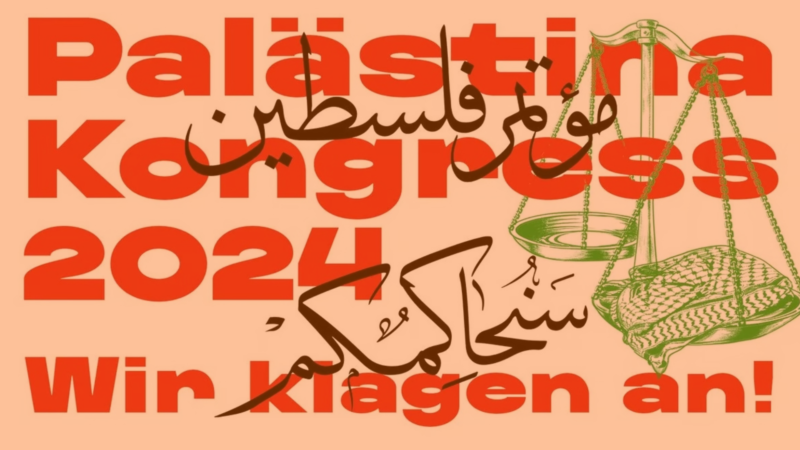Critical questions must be asked about foreign aid: is it actually good for Africa? For what purpose is it intended? Is aid assisting in alleviating hunger and poverty? Why is there still abject poverty of unimaginable levels still existing in our societies especially in the sub-Saharan Africa?
Member of the House of Lords in the UK, Dambisa Moyo, calls foreign aid to Africa “dead aid” because this ‘assistance’ has in fact made the continent poorer. Why do we continue to cling on to foreign aid that does not benefit African communities?
The same question should be asked: why are donor institutions dishing out aid to African countries even though, since its inception, there is little positive impact seen? Who is benefitting on the other end of the donor-recipient equation? It is not the poor African communities but African government officials.
To play the blame game: the African elite benefit immensely from aid. It is used to pep up despotic governments by buying weapons to supress the common population. This is not a secret, but a well-known fact, even to the donor institutions.
Origins of international aid
International aid for Africa started way back in 1896 when the US provided overseas assistance in the form of food. Aid was given under the Colonial Development Act of 1929, with the British government granting Infrastructure Development Aid to poorer countries in the colonies, aid that financed the Kariba Dam Project in Southern Rhodesia. In the 1940s, aid was about donor largesse to maintain a stronghold over their colonies overseas. Later, there was the British Colonial Development and Welfare Act, whose aid was to fund social sector activities.
The Bretton Woods system was born from the ashes of World War 2. Then came the Marshall Plan in the 1950s: European countries were struggling with their economies after WW2: Europe was heavily industrialising but with multiple challenges. To avoid a repeat of the Great Depression of the 1930s, the Marshall Plan set out to lift European countries. There are two distinct differences between Bretton Woods and the Marshall Plan. Bretton Woods was meant to regain social, economic, and political stability. European countries wanted to bring back their social and economic glories of the past. The Marshall Plan was, however, mainly to uplift infrastructure development in European countries, a benevolence coming from the US.
Bretton Woods was a great success, and the Marshall Plan was implemented eloquently and successfully. The World Bank was incepted to facilitate capital development for reconstruction, while the International Monetary Fund was to control and manage global financial systems.
It is not possible to establish the reasons why colonial masters and the US decided to extend aid to its former colonies. The feasible reason may be the Cold War that was played out in African countries. Superpowers gave their all to persuade African countries not to be part of the Soviet influence. To keep them in a subject position, aid was given. By the 1960s, a staggering 100 million US dollars in aid had reached the shores of Africa. Aid was meant to fund large scale industrial projects such as roads and railways, power infrastructure such as the hydro-electric power plants.
The beginning of the 1970s, Aid to Africa had reached exponential levels: 50 countries had become independent and automatically became beneficiaries of aid mostly from their colonial masters. Aid to independent African states was meant for infrastructure development, it later changed to focus on poverty alleviation and elimination. Independent African countries were not able to manage economies; they began to be comfortable with aid to alleviate poverty.
Aid is to pep up despotic governments
A closer look at the current situation in the African continent regarding the social and economic prospects does not make for pleasant reading: there is massive corruption, broken infrastructure, mass exodus of social capital and none credible elections to name just a few of the problems.
Instead, there are window dressing elections to give a false face to the donor institutions that they are democratic, a prerequisite to receiving further aid, which leaves little to no hope of African countries becoming ‘emerging countries’. Rather, African countries are failed states: they are regressing.
Africa’s natural resources are a curse
Africa’s natural resources are rather a curse, much like foreign aid is. We live in a culture of aid, as Dambisa Moyo says. Africans have conditioned themselves for years that they are entitled to aid from the West.
The tag of ‘poor countries’ should be irritating, but it does not irritate Africans anymore. Instead, it has become normal to declare ourselves poor to get the aid we want. On the other side of the coin, rich countries in the Global North or financial institutions have a sense of giving aid as ‘a moral obligation’ to help poor Africans.
We all remember in the mid-1980s when Ethiopia was struck by hunger and famine, whose victims were upwards of eight million people, one million of which died.
Journalist Michael Buerk described that period as a biblical famine that resembled hell on earth. It was also during that period, under Tony Blair, that he labelled Africa as a scar in the conscience of the world. It was the duty of western countries to provide even more aid.
But is it really the duty of Western countries? Are Africans children to be fed with unending foreign aid? The Blair mantra: “Let’s make poverty history” was what allowed him to be seen in a positive light, reinventing himself after the invasion of Iraq. Indeed, poverty and famine also characterised African governments’ incapable of lifting themselves out of poverty without a begging bowl. This is where Africans got it wrong to think we can beg, unendingly.
Africa’s poverty was hijacked by entertainment industry
African poverty and famine were hijacked by the entertainment industry in the mid-1980s. The media figures, film stars and rock legends embraced the idea of endless aid for Africa.
Bob Geldof and Bono mobilised millions of dollars through Live Aid to assist African communities mostly affected by hunger and famine. The idea itself was noble and good.
Yet the government of Ethiopia receives annual aid, and 95 percent of it went to recurrent domestic budgets spending including the military. This practice of diverting aid from their initial intended destinations is a common practice in most African countries, not just Ethiopia.
Africa aid is dead aid
“Dead aid is the story of the failure of post-war developments,” Dambisa says. “Aid has made the recipients of it worse off, has made the poor poorer, resulting in slow economic growth, yet Aid remains a centrepiece of today’s development policy and one of the biggest failures of our time.”
Africa should be able to foresee a day when the aid tap of billions of US dollars will be switched off, giving African countries 120 months to shape up and adjust their economies without it. It is crucial, as we cannot continue with a failed trajectory, believing that aid is free.
African governments have this inherent habit of borrowing with the hope that its foreign debt will be collectively cancelled if they make multiple defaults. For some reason, aid has been understood as free easy money which western institutions must give to African governments.
Let it be clear that aid outsourced by non-governmental organisations (NGOs) for Africa to combat hunger induced by climate change and other natural disasters is not part of this discourse.
Here we are talking about bilateral aid between an African country and a Western country, and multilateral aid from the likes of the World Bank and the Paris Club, and other interested donor agencies. This very aid disguises the fundamental mindset that pervades the West that aid, whatever its form, is a good thing.
Do you want to be informed of DiEM25's actions? Sign up here






